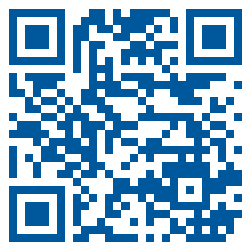
 Medical Secretary in Cambridge Bio Medical Campus inCambridge Bio Medical Campus
Medical Secretary in Cambridge Bio Medical Campus inCambridge Bio Medical Campus PUBLISHED TUE 22 OCT 2024 Jump to job information section
Job description
We are pleased to be able to offer a part time opportunity for an enthusiastic and dedicated Medical Secretary to join our friendly and supportive Clinical Administration Secretarial Team within ILD.
Medical Secretaries play a vital role in supporting our Clinicians in the delivery of excellence. Having excellent keyboard skills and attention to detail, you will transcribe clinical correspondence, adding patients to the waiting list, input data, amongst other essential tasks. Being a good communicator, you will be able to convey clear information to both internal and external stakeholders, whilst maintaining confidentiality.
The team supports the Trust from two locations: Royal Papworth Hospital (Biomedical Campus, Cambridge) and Kingfisher House (Huntingdon). This post will be based at Royal Papworth House but will be required to attend Royal Papworth Hospital. Once trained there will be an opportunity to work remotely for part of the week.
If you are looking for a new challenge, enjoy variety in your work and wish to be part of a team striving to make a difference to our patients' journey. This post is fundamental in ensuring that the patients' experience is always a positive one.
If this sounds like the job for you and you are able to uphold our values, please include in your supporting information how you meet the trust values:
Compassion Excellence Collaboration, we would love to hear from you.
*Audio typing
*Tracking patients through the pathway
*Adding patients to the waiting list
*Communication with patients, relatives, and multidisciplinary teams
*Diary management
*Referral to Treatment (RTT)
Following training you will have:
*Knowledge of administrative systems
*Good understanding of the relevant patient information systems in order to carry out the role
*Good understanding of Referral to Treatment (RTT)
*Be able to input data carefully into the relevant patient systems
*Minute taking training
About us
On this page you will find a Role Profile which provides information about the hospital and full details about the role. We recommend that you review this and refer to it as you complete your application. Please include how you will meet the Trust Values Compassion, Excellence and Collaboration. If you would like more information about the role or working at Royal Papworth Hospital, please get in touch with the contact for this role.
If you're interested in this role but you have questions or you're not yet ready to apply, then please book a quick call with us and we'd be happy to answer any questions you have and tell you more about the role.
Requirements
See the job description for full role requirements.
Benefits
Benefits are provided by the employer and will be confirmed during your application.
A quick tap lets us tune future job matches for you


Scan with your phone to return to this page later.